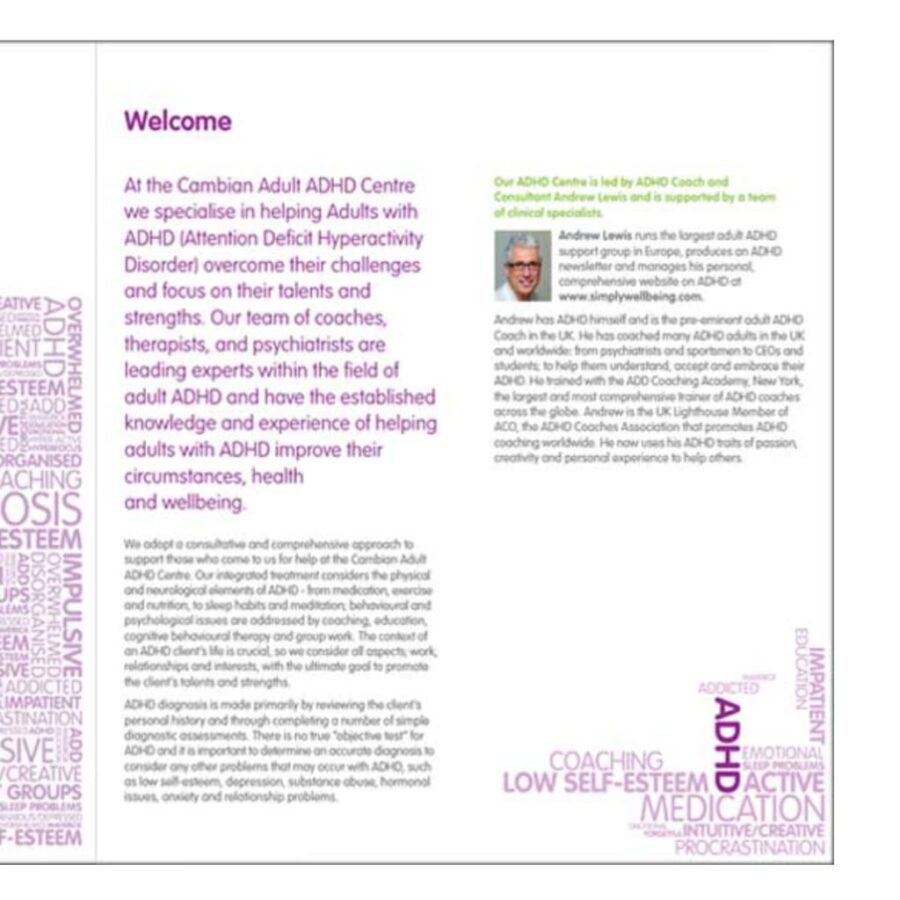Andrew Lewis - ADHD Coach
I became an ADHD coach nearly twenty years ago, I never previously stuck at a single job for more than 3 years! It felt when I trained to be an ADHD coach, that all my education, life and work experience and ADHD struggles had led me to that point, to helping other adults to understand, accept and embrace their ADHD. Since then I have coached over 600 ADHD adults, with over 16,000 hours of ADHD coaching. To be a part, sometimes briefly, sometimes for years, of the lives of the many interesting, diverse, funny, talented ADHD clients that I coach is a privilege.
My formal qualifications include graduating from the ADD Coach Academy and training as an NLP Practitioner (though I’ll admit I’ve forgotten most of that). I also hold a BSc in Physics — though let’s just say it didn’t go entirely to plan — and I made it halfway through a Psychology degree with the Open University before life pulled me in another direction.
Beyond coaching credentials, I’ve spent years creating and leading ADHD-focused spaces:
These groups and clinics gave me the chance to learn from and support hundreds of adults with ADHD — many of whom shaped my understanding more than any textbook ever could.
Before coaching, I worked in IT for over 20 years and started five businesses. I’ve also navigated 20+ years of single parenthood and faced major health challenges — all while trying to make sense of my own ADHD, both before and after being diagnosed, four times, no less!
I now coach entrepreneurs, business professionals, and executives with ADHD/ADD. Like you, I’ve walked the bumpy ADHD road — and while my story may not match yours, I’m sure we share more in common than not.
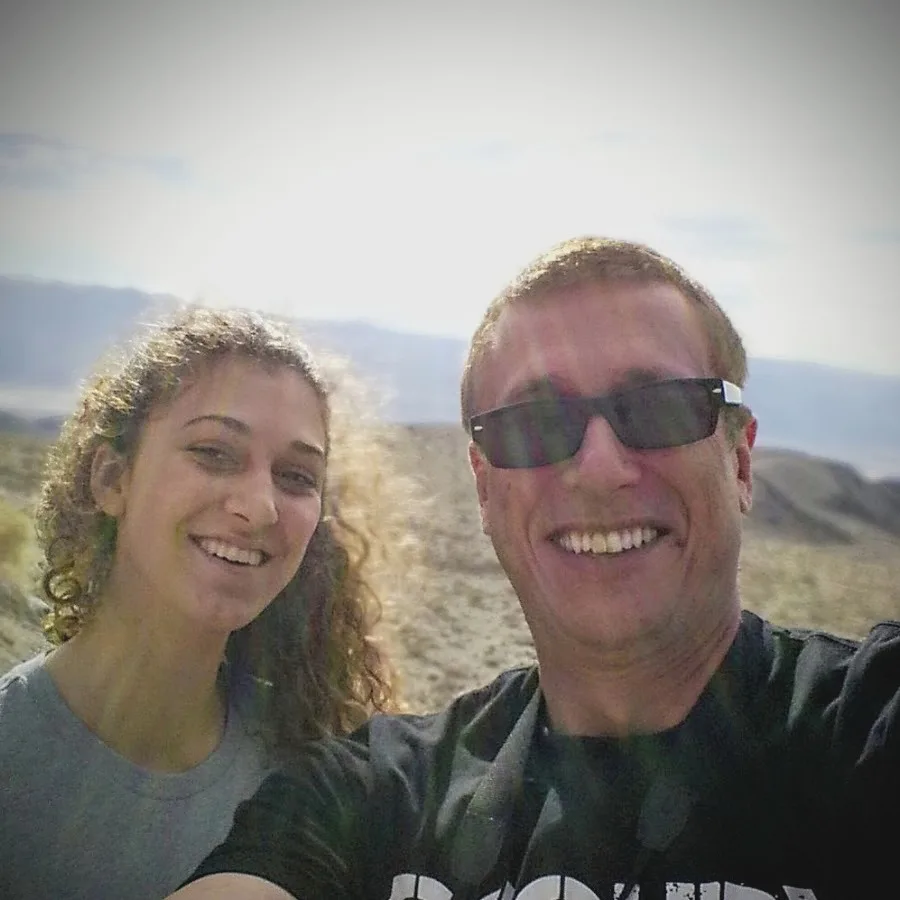
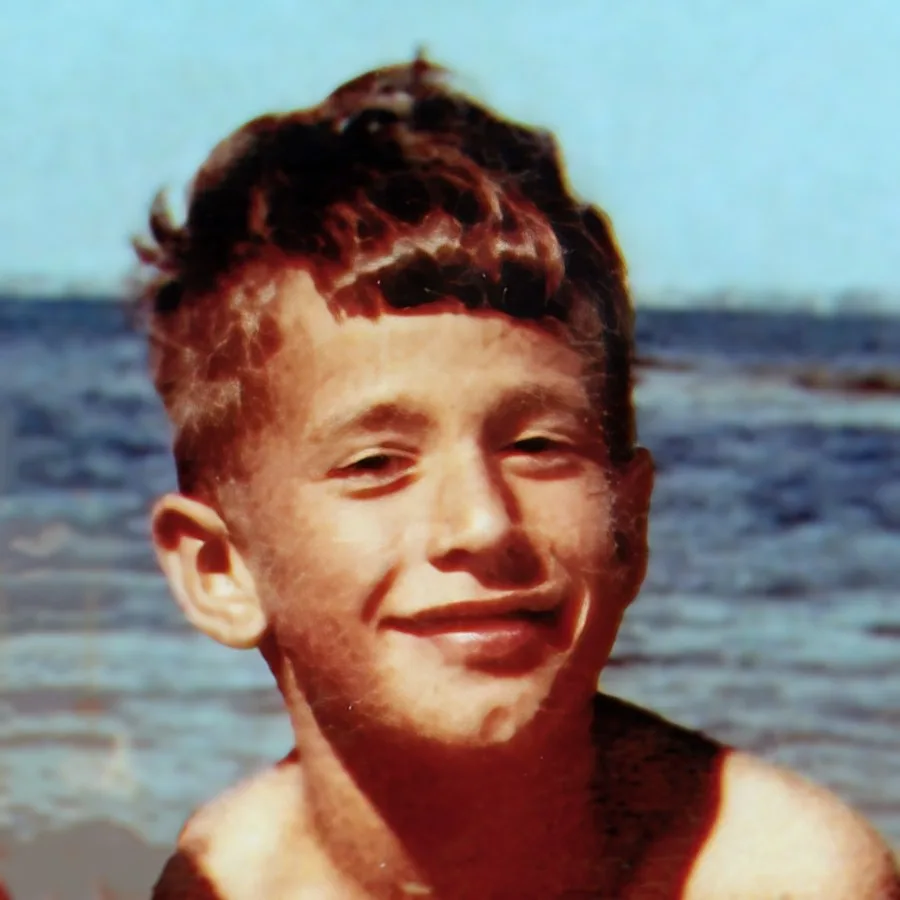
I was certainly motivated to get on with things. At school, I was bright, talkative and easily distracted. My teachers were frustrated, but I did well. Most friends were well behaved and studious, but I also kept in with the naughty and rebellious ones too. My teachers’ comments in my school reports are amazingly clear in identifying the problems I would continue to face throughout my life: from punctuality to laziness and focus. Yet their reports lack for a single piece of constructive or helpful advice, most fall into the useless: “Andrew is his own worst enemy”, “Andrew appears to be both very intelligent and immature”. See some of my school reports here.
This is where my troubles began! No self-discipline, I missed most lectures and labs. I was so, so bored by the dull 70 year-old professors, dictating notes to theatres full of over 70 students. No interaction, no questions and no debate – awful. I couldn’t grasp this independent study thing at all, I wanted to be in an interactive classroom where we could question and discuss theories, not sat on my own trying to study dry textbooks. I have a profound love of learning, but not of memorisation and revision.
University was a very rude shock. Without any support or guidance from the university, I struggled on unmotivated and quite depressed. In four years I went from being the highest-graded student at school to receiving the worst grade possible with a BSc Science (Ordinary Class), rather than a BSc Physics Honours 1st, Upper 2nd, Lower 2nd or 3rd. I recovered from the career damage over the next decade, I think the psychological repair is still ongoing! Read more on my experience and view of higher education here.
With my poor degree, I was out of work for nearly a year, then I took a COBOL programming course. I received a distinction, and felt more confident -programming was easy and rewarding.
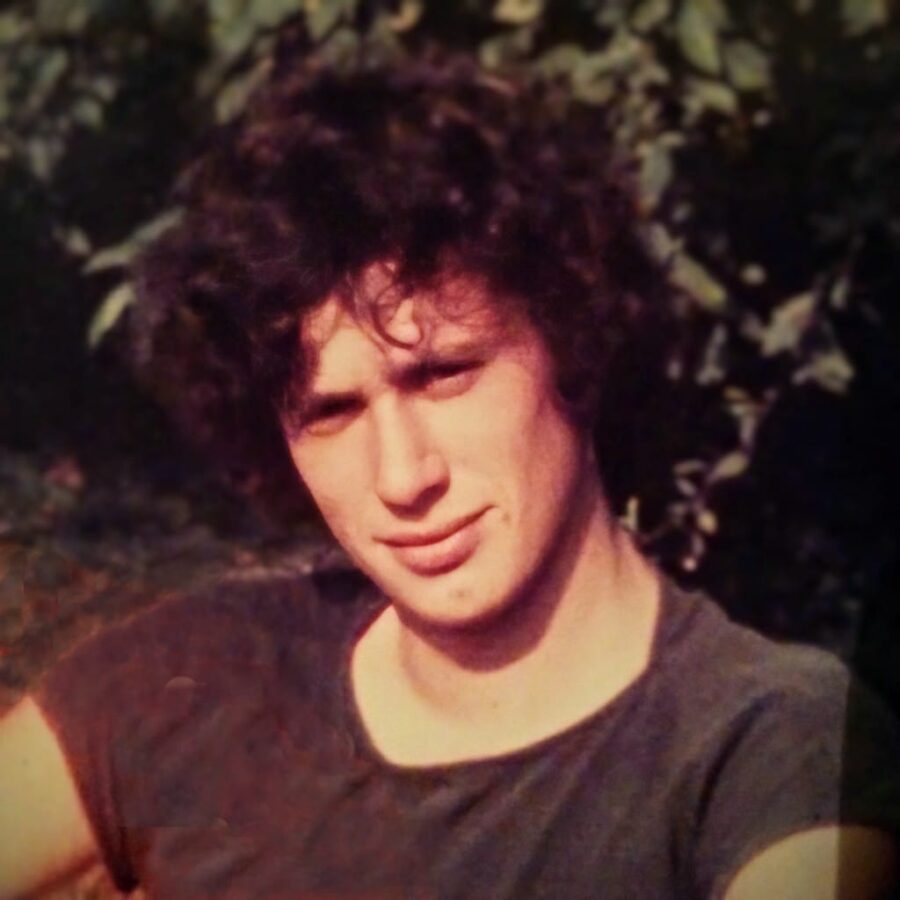

I soon found a position as a programmer at a pension company. It was fantastic at first, new people, new tasks, fast development and salary checks were great. Problems were soon to emerge though as my easy boredom and drive for novelty were hard to fight. I remained there for five years, in which I moved from programming to systems analysis, to mainframe systems management. Pensions had nothing more to offer me so I left to join IBM.
I was uneasy about joining such a large corporation - I hated the enormous car parks that reduced you to a number - but it offered a chance to recover from my degree and to develop my business skills and opportunities. I started in a technical role but was soon asked to move into marketing, and then into sales. Seven years later I left, IBM had nothing more to offer me. I then had two very successful years as an IBM partner, selling integration consultancy, but continued to be behind in paperwork and business processes.
Next, I persuaded the CEO of a Boston, USA integration consultancy, to take me on to establish and run a new European outpost bringing with me three colleagues to help. We grew over two years, to around 20 employees, but the dot.com bubble had burst and the company soon folded. After another few years as European VP at another US software company, I'd had enough of working for American CEOs, so when a business partner suggested setting up our own business, I leapt at it.
Within a couple of months, our JAVA integration and consultancy company was trading. We were a good team. I was more presentations, ideas and solutions, he was more sales management, back-office and relationships. I loved working independently of authorities and the ease of taking an idea so quickly to completion.
We were successful and our company grew, we hired an office, employed consultants and work felt good for a while. The basic consultancy side of the business grew but the software solution side struggled for lack of funds and I lost interest. I was late to business meetings, and procrastination set in, in effect, I began to check out from my own business.
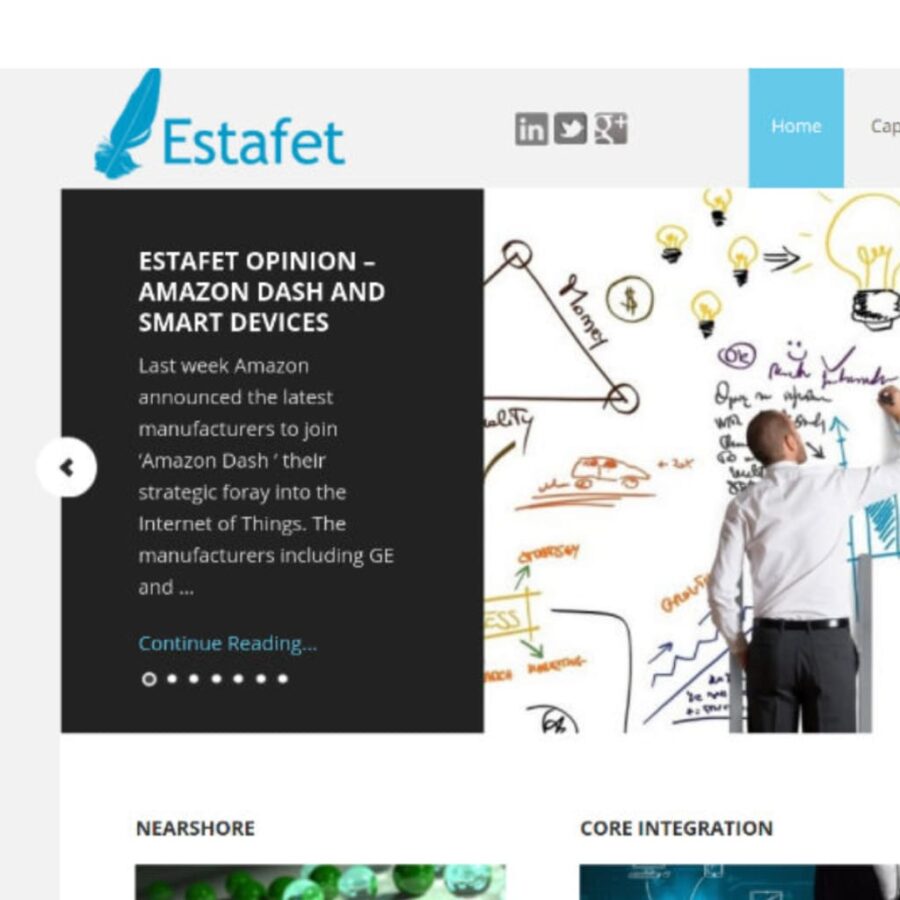
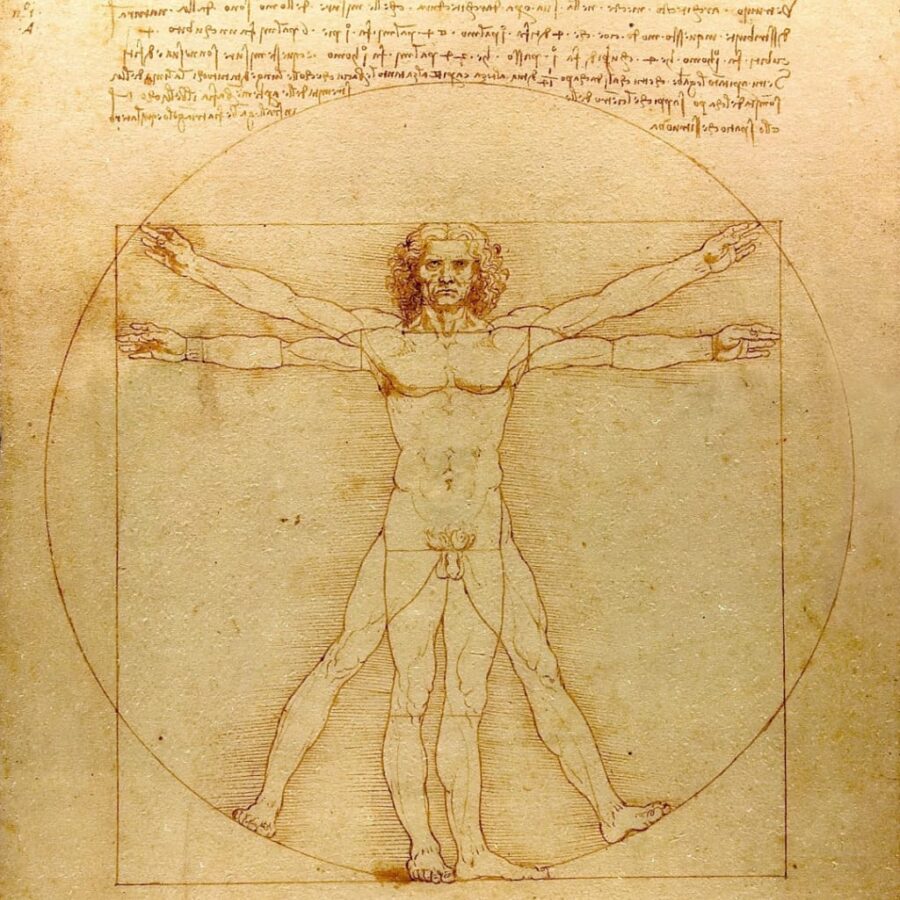
I was bored, miserable and drinking too much. Everyone was frustrated with me. My business partner was fed up, my wife was fed up, and I was fed up with 'me'. My wife and a psychiatrist persuaded me to take a month-long stay at the Priory Hospital, famous in the UK for celebrity rehab, a residential mental health centre. Highly trained, well-paid therapists and psychiatrists, offered me little convincing help of any kind – no one suggested ADHD. Anti-depressants didn’t help either. I did however really benefit from the time I spent with the other sensitive and damaged patients some even sought my support and advice which helped me think outside of the box and opened my eyes to the possibility of helping other people. I left the Priory and returned to my disappointing business, marriage and life.
I knew I was different, yet the specialists seemed oblivious. I was clearly born this way. My issues did not come from past trauma or how I was parented. I was 'me' and I’ve always been this way, different to other people. I searched Google occasionally for an answer, with terms like low dopamine, poor memory, bored, novelty-loving, shaky hands and intuitive.
One evening I came across Sluggish Cognitive Tempo, and a click later I was on ADHD on Wikipedia. It was a complete revelation, in my early forties to realise my physical neurology was not like other people in a number of profound and extraordinary ways. Of course, I then hyper-focussed for months, reading voraciously everything about ADHD, from websites to books like Delivered from Distraction. The knowledge that I am ADHD profoundly and positively changed my life.
Desperately fed up at my consultancy business, I decided that ADHD coach training would help me personally and offer me a new career path. Within only months of my ADHD diagnosis, I was training to be an ADHD coach and had sold my half of the business to my relieved business partner – to end my twenty-year computing-industry career. Within a year I was nearly trained as an ADHD Coach and had started coaching. I was divorced and living in a new apartment, co-parenting my daughter and my new life started.
I set up SimplyWellbeing as a one-stop ADHD organisation for adults with ADHD. I worked hard to bring together independent ADHD professionals: psychiatrists, researchers, charities, support groups and therapists to offer comprehensive support and deliver with a first principles, agile approach. Over the last twenty years I have helped many seek their adult ADHD diagnosis, I even set up and ran an Adult ADHD Diagnosis Centre in central London for a year or so. I help clients implement strategies to improve their professional and personal lives.
For five years I hosted a large ADHD adult support group, growing from 6 to over 60 regular attendees, called “Share & Tear” Adult ADHD Support Group, moving as we grew from Chiswick, to Hammersmith, to University College London and finally to my clinic near Waterloo. I went on to run “ADHD Expert Talks” at University College London where a wide range of experts from specialist psychiatrists, to professional organisers, nutritionists and authors like Melissa Orlov, The “ADHD Effect on Marriage”, entertained a lively audience of ADHD guests. I have delivered many presentations at support groups, conferences and workshops for ADHD adults, professionals and teachers.
Today my focus is mainly on coaching business professionals and entrepreneurs, having coached over six hundred ADHD adults, with over 16,000 hours of coaching and helping them live more effective, fulfilled and happier lives. In what I have of my spare free time My health is good, my work and private life is aligned with my ADHD personality, my wellbeing is simply great.
